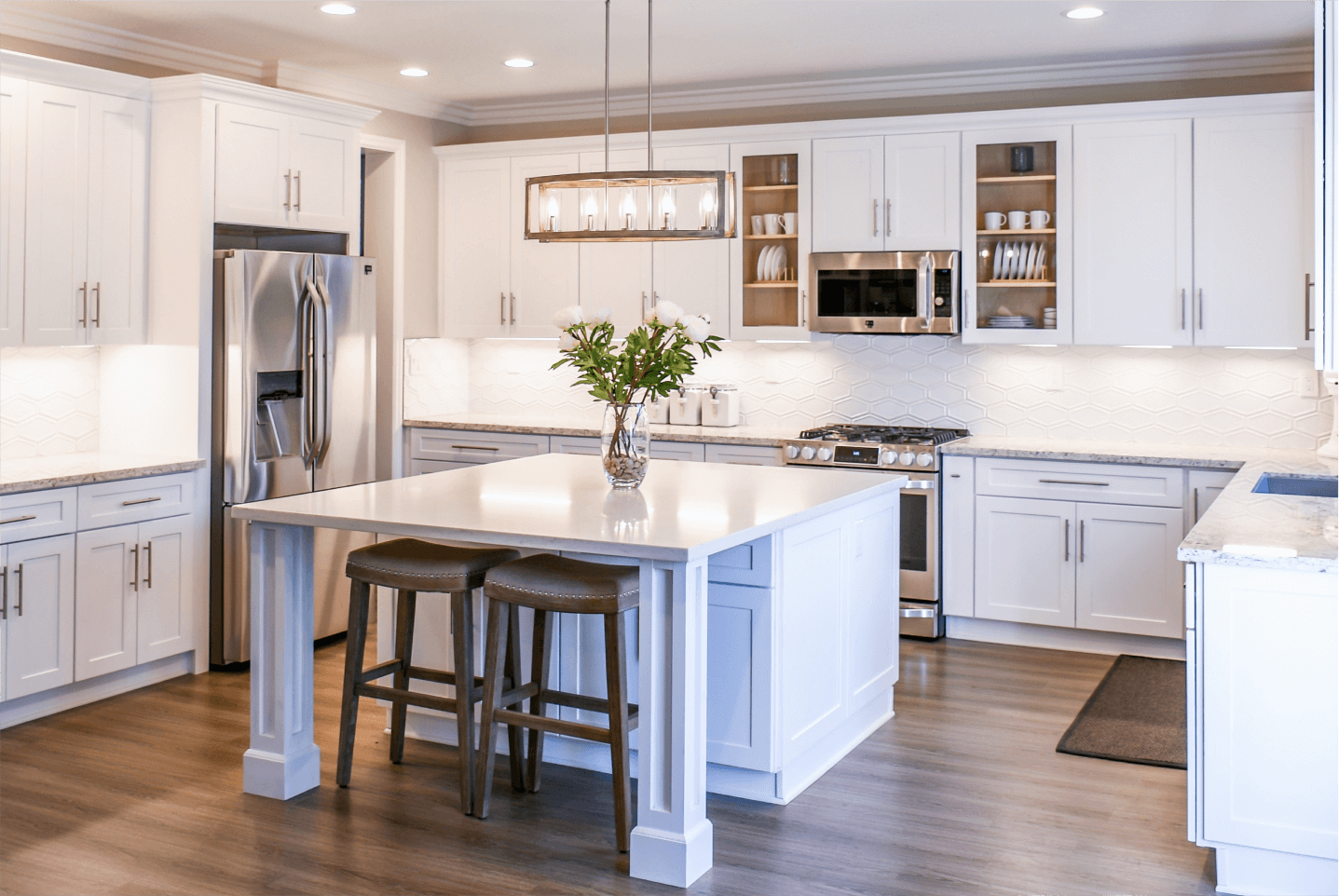
Buying a home is an exciting journey, but it also comes with some important financial steps that can be a bit tricky to understand. One of these steps is closing costs, which are fees and expenses that you need to pay before you can officially own your new home. It’s important to decode these costs so you know who pays what and how to prepare for them. Let’s break it down in a friendly, easy-to-understand way.
First, let's talk about what closing costs are. When you buy a home, there are various fees involved in the process. These costs can include things like loan origination fees, title insurance, appraisal fees, and many others. On average, closing costs can range from 2% to 5% of the purchase price of your home. So, if you are buying a $250,000 home, your closing costs could be between $5,000 and $12,500. Understanding these costs is crucial for budgeting and planning your financial future.
Now, who actually pays these closing costs? Typically, the buyer is responsible for most of the closing costs. However, this is where it can get a bit complicated. While the buyer usually pays, the seller can also contribute, depending on the agreement made during negotiations. This is often referred to as “seller concessions.” Sellers may agree to cover some of the buyer’s closing costs to make the deal more appealing. It's a negotiation tactic that can benefit both parties.
Let’s break down the typical closing costs you might encounter.
1. **Loan Origination Fee**: This is a fee charged by the lender for processing your loan application. It typically ranges from 0.5% to 1% of the loan amount.
2. **Appraisal Fee**: Lenders require an appraisal to ensure the home’s value matches the loan amount. This fee usually ranges from $300 to $600.
3. **Title Insurance**: This protects you and the lender from any issues that may arise with the property’s title. The cost can vary based on the property's price and location.
4. **Inspection Fees**: Before closing, a home inspection is often conducted to identify any issues with the property. Fees for inspections can range from $300 to $500.
5. **Prepaid Costs**: These might include property taxes and homeowners insurance that are paid upfront at closing.
6. **Recording Fees**: These are fees charged by your local government for recording the property transfer.
7. **Escrow Fees**: If you’re using an escrow service, there will be fees associated with managing the funds during the transaction.
Understanding these costs can help you prepare for what lies ahead. It’s wise to ask your loan officer for a detailed list of what closing costs you might expect, so you can budget accordingly.
While the buyer typically pays the majority of the closing costs, there are instances where the seller may agree to chip in. This can happen during negotiations, especially in a buyer’s market, where there are more homes available than there are buyers. Being aware of this can help you in your home-buying journey, as it provides an opportunity to lessen your financial load.
One important thing to remember is that closing costs are not the only costs associated with purchasing a home. You should also consider moving costs, ongoing home maintenance, and potential renovations when planning your budget. Having a comprehensive view of your finances will help you feel more secure throughout the process.
To make things easier, it's helpful to ask your lender for a Good Faith Estimate (GFE) or a Loan Estimate. This document will provide a breakdown of expected closing costs based on your specific loan. It can also be a good tool for comparing costs if you're considering different loan options.
If you're worried about coming up with enough cash to cover these costs, don’t fret! There are various options you can explore. Some lenders offer loans that include closing costs in the mortgage, allowing you to finance them rather than pay them upfront. Additionally, there are down payment assistance programs in many areas that can also help cover closing costs, particularly for first-time homebuyers.
Another helpful tip is to communicate openly with your loan officer about your financial situation. They can provide personalized advice and help you explore options that align with your goals. Whether you have questions about specific fees or want to know more about budgeting for closing costs, don't hesitate to reach out.
Remember that while closing costs can seem overwhelming, they are just another step in the process of getting your dream home. By taking the time to learn about them and prepare for them, you can make this part of your home-buying journey smoother and less stressful.
If you are ready to dive deeper into your specific needs and want to understand how closing costs will impact you personally, we encourage you to reach out. Our knowledgeable mortgage loan officers are here to guide you every step of the way. Don’t hesitate to contact us to discuss your situation and make sure you’re well-prepared for your exciting new journey into homeownership!